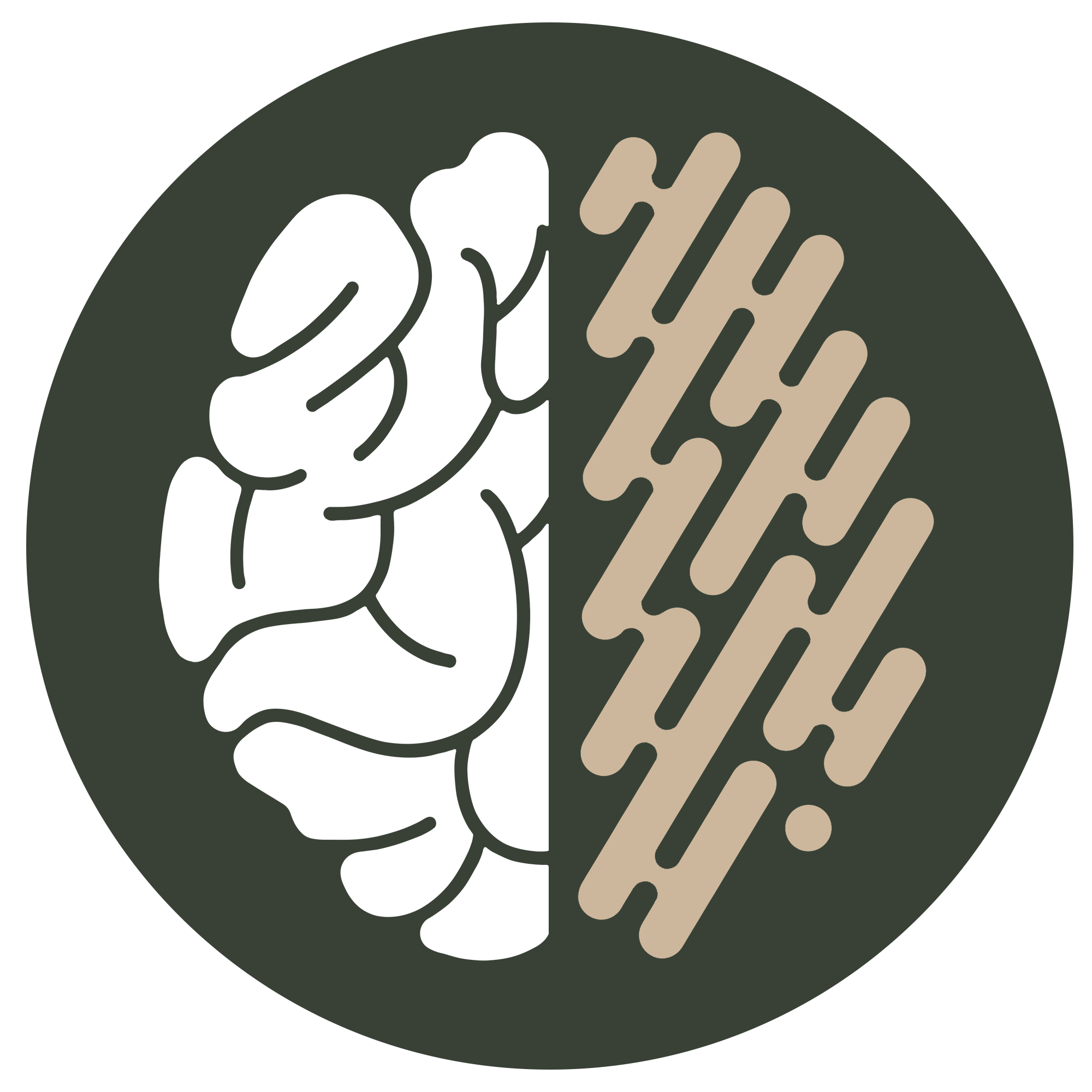Much like dyslexia, dyscalculia is also a Specific Learning Disorder of genetic origin, being classified as a neurodevelopmental disorder. Dyscalculia can co-occur with other neurodevelopmental disorders, including dyslexia and ADHD, suggesting some shared genetic and cognitive underpinnings.
Dyscalculia affects about 6% of the population.
In the brain, Dyscalculia is thought to affect the “left intraparietal sulcus” (which is our brain’s epicentre for numerical processing), and the “frontal lobe” (which handles reasoning and higher-level executive functions, among many other things!). As such, symptoms of dyscalculia are synonymous with the functions of these areas of the brain.
Myth:
Fact:
Dyscalculia can impact many everyday activities beyond mathematic performance. The difficulties with numerical understanding extend to real-life situations, such as shopping, cooking, or even playing certain games that require number strategy.
Although there are no ‘official’ subtypes of Dyscalculia, you may find references to Kosc (1974)(1), who, based on his experience, describes six subtypes:
Difficulty naming numbers, understanding verbal maths problems, or remembering numerical facts.
Problems understanding information presented via graphs or charts.
Challenges with manipulating objects in a mathematical context, e.g. physical counting aids.
Difficulty with reading mathematical symbols, including operation signs (+ or –) and Roman numerals.
Challenges in understanding mathematical concepts and relationships.
Problems regarding performing arithmetic operations.
Dyscalculic Individuals may rely more heavily on other brain areas to complement their processing. This could mean leaning toward techniques such as counting on fingers, utilising a visual element and memory centres to compensate for difficulty with mental maths whilst also slowing the process down.
Dyscalculia can affect many different areas of an individual’s life. Higher tendencies to go too fast or too slow in a vehicle, struggling to keep score in a game, frequently finding themselves late or having difficulty reading a clock, budgeting paychecks, and understanding graphs (I’m sure you can imagine what Excel is like…).
It’s easy to downplay a condition like Dyscalculia or Dyslexia, especially with so much stigma and preconceived perceptions still surrounding these conditions, but these conditions can have a real tangible effect on individuals’ lives. It is vital that these individuals learn the right coping strategies for themselves.
Some of the more common symptoms include:

Problems understanding quantity, order & value.

Difficulties completing basic maths operations.

Struggles to perform calculations in their head.

Difficulties understanding and using measurements, time and money.

Problems understanding spatial layouts and sequences.

Strong dislike or fear of maths, often linked to frustration over numbers-based challenges.
Strengths & Talents Associated with Dyscalculia:
Despite challenges with numbers, individuals often possess unique strengths, including:



